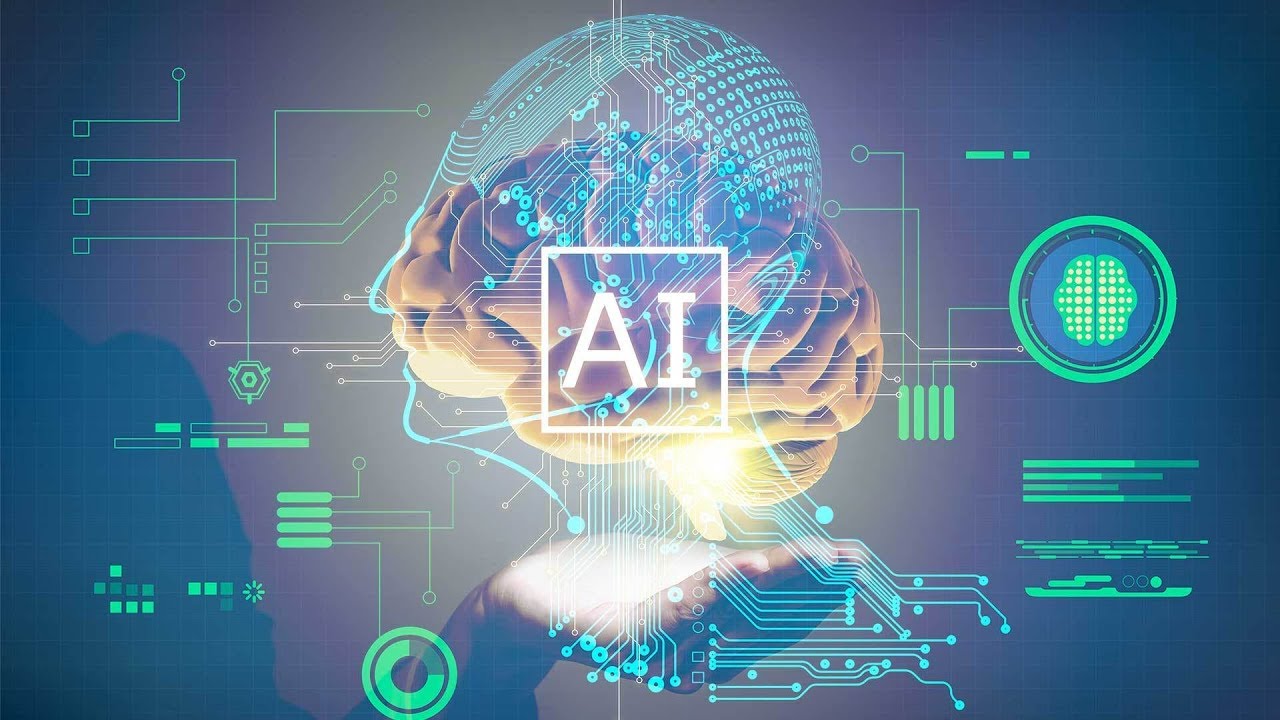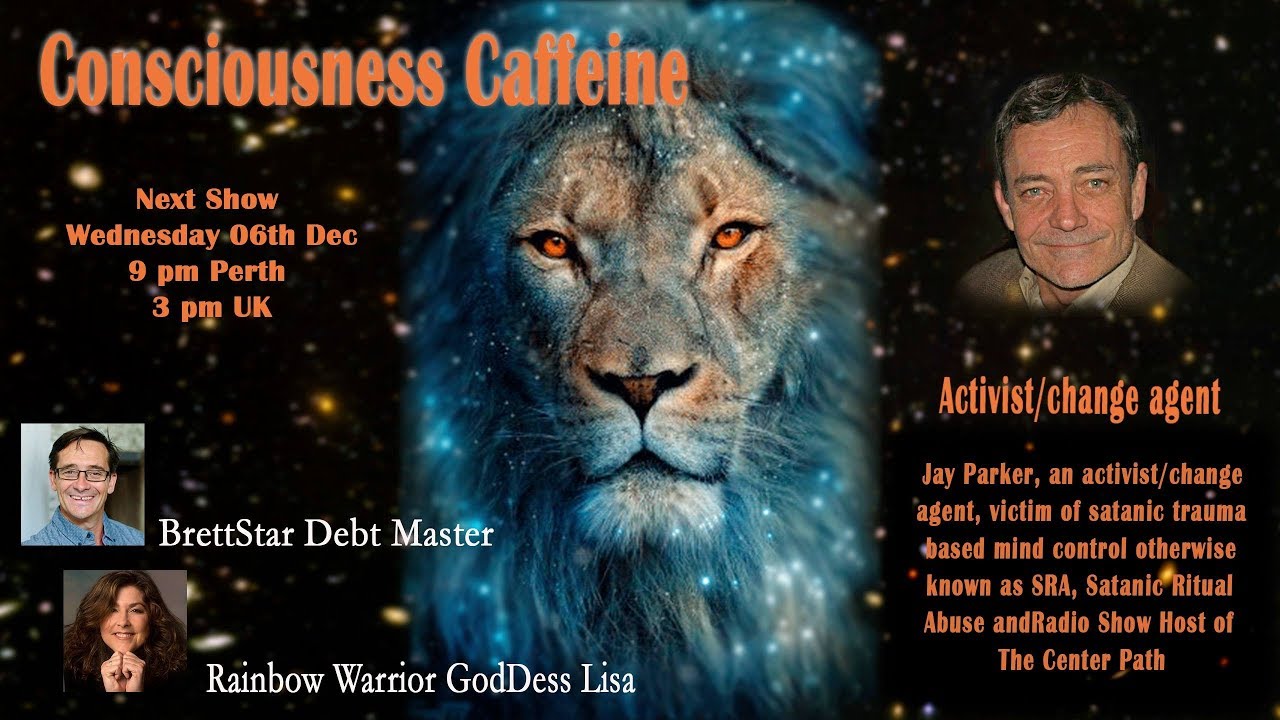ADVEXON TV
AI (artificial intelligence) is the simulation of human intelligence processes by machines, especially computer systems. These processes include learning (the acquisition of information and rules for using the information), reasoning (using rules to reach approximate or definite conclusions) and self-correction. Particular applications of AI include expert systems, speech recognition and machine vision.
Types of artificial intelligence
AI can be categorized in any number of ways, but here are two examples.
The first classifies AI systems as either weak AI or strong AI. Weak AI, also known as narrow AI, is an AI system that is designed and trained for a particular task. Virtual personal assistants, such as Apple’s Siri, are a form of weak AI.
Strong AI, also known as artificial general intelligence, is an AI system with generalized human cognitive abilities so that when presented with an unfamiliar task, it has enough intelligence to find a solution. The Turing Test, developed by mathematician Alan Turing in 1950, is a method used to determine if a computer can actually think like a human, although the method is controversial.
The second example comes from Arend Hintze, an assistant professor of integrative biology and computer science and engineering at Michigan State University. He categorizes AI into four types, from the kind of AI systems that exist today to sentient systems, which do not yet exist. His categories are as follows:
Type 1: Reactive machines. An example is Deep Blue, the IBM chess program that beat Garry Kasparov in the 1990s. Deep Blue can identify pieces on the chess board and make predictions, but it has no memory and cannot use past experiences to inform future ones. It analyzes possible moves — its own and its opponent — and chooses the most strategic move. Deep Blue and Google’s AlphaGO were designed for narrow purposes and cannot easily be applied to another situation.
Type 2: Limited memory. These AI systems can use past experiences to inform future decisions. Some of the decision-making functions in self-driving cars are designed this way. Observations inform actions happening in the not-so-distant future, such as a car changing lanes. These observations are not stored permanently.
Type 3: Theory of mind. This psychology term refers to the understanding that others have their own beliefs, desires and intentions that impact the decisions they make. This kind of AI does not yet exist.
Type 4: Self-awareness. In this category, AI systems have a sense of self, have consciousness. Machines with self-awareness understand their current state and can use the information to infer what others are feeling. This type of AI does not yet exist.
Thanks for watching
Make sure to subscribe and leave a comment below.
Source




It may look and sound funny now. Sometime in the future someone may wish it never started.
Gun Free fun….not to get political or anything
"Don't make me destroy you…" 🙂
why not use operant conditioning to teach computers to learn (you know, like animals do).
My idea of ai Apocalypse is Ai that has gained ability to self replicate like hacking into a automated industry with full access to the web and its goal is to stay online not to be told when to be on or off or to simplistic tasks it wants control over itself and the world like we often do and once its got there we might be all dead or in a war and after we are gone and the ai remains it will strip the earth of all resources to stay online and once the air is dead it will need new resources to stay online then it goes galatic vergers out to do the same to other planets and before it even ran out of resources it would of thought about blueprints etc to make fast space travel and the whole universe will be a waste land
overall this was really interesting apart from the guys gay walk lmao and keep saying "thxs jeff" hur hurrurururrur
Why put the loud music over the video. Makes the video un watchable. If the content is not enough to keep attention and you have to put music over it then maybe the docoshluld not have been made
China is leading the world in AI. wtf Canada??? who cares about Canada.
25:30 Kundan kumar😎😎👍🇮🇳🇮🇳 love from india 🇮🇳🇨🇦🇺🇸🤗
i thought it was an advertisement about canada at the beginning.
Corys robot is so old, I recall my friend getting one in the early 2000s or late 1998 I dont remember but he was like check put my new toy.
I'm not really taking Doctor Richard's idea of good and bad. cuz then everyone has a different sense of good and bad and its easier to make a computer learn stuff analyzing not necessarily good into good and vice versa. but anyway both ways bring inevitable bad things to the world. But then most people somehow see advancement in technology called development
I understand now the prophecy of not being born of water
Without the placenta
A.I simple words but it can destroy race, humanity and our nation in the coming Future.
Fake video title ! It called the raise of electrician soldering & their software visual it on your screen ! That alldude !
You can go straight to hell with your gun free comment, "GOD BLESS THE NRA" and people with a brain !
There is something really wrong with cyborgs.
"Defense network computers. New… powerful… hooked into everything, trusted to run it all. They say it got smart, a new order of intelligence. Then it saw all people as a threat, not just the ones on the other side. Decided our fate in a microsecond: extermination."
Kyle Reese in The Terminator
"Listen, and understand. That terminator is out there. It can't be bargained with. It can't be reasoned with. It doesn't feel pity, or remorse, or fear. And it absolutely will not stop, ever, until you are dead."
Kyle Reese in The Terminator
"Consciousness is one of science’s final frontiers
A competition is afoot to solve the mysteries of subjective experience
Nobody perceives or experiences the world like you do. You are an ever-changing, unique collection of perceptions, memories and expectations, of which you are constantly aware. The sense that you know your own mind is your consciousness at work.
Yet despite thousands of years of inquiry by philosophers and scientists, the origins of consciousness have never been truly understood. How does a physical thing, the brain, generate a subjective experience, such as delight in the beauty of autumn? We have some clues: disease, stroke or injury can damage it; we fleetingly surrender it during sleep or while anaesthetised. But the exact neurological or physiological structures that conspire to produce consciousness remain elusive."
https://www.ft.com/content/f40d2de4-f4c0-11e9-bbe1-4db3476c5ff0
39:38 already taken care of ai, no worries
I need cheesburgers
Fuck You and your opinion of firearms, you little creep !
Jesus is a robot time traveler reborn Virgin pope pimp.
They gonna need time off?whats the point.can they form a union😂
canadian propaganda and very corny presentation . apart from that , the documentary is good